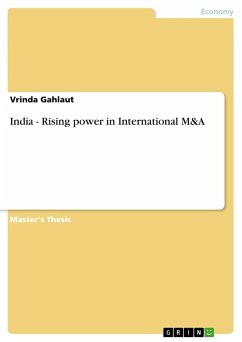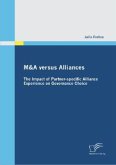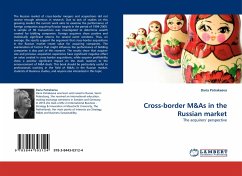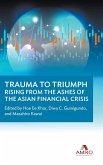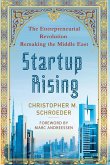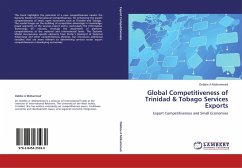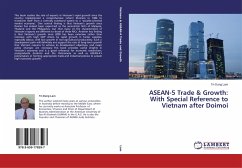Master's Thesis from the year 2008 in the subject Economics - International Economic Relations, grade: 6.0, , language: English, abstract: Mergers and Acquisitions have long been part of global corporate history and have played a vital role in shaping the business landscape of each decade. With the passage of time, the sheer volume and size of M&A transactions have reached unprecedented levels. While some have welcomed this, a prominent section of observers is sceptical about the rationale behind such "megadeals". This field has undergone tremendous transformation not only in terms of deal sizes and volumes but also in terms of the 'deal makers'. Mergers and acquisitions which was until a few years back an almost exclusive domain of organisations from developed countries, ones that had the financial muscle and political leverage to pull-off such deals, has now reformed with new entrants like India, China, Brazil, Russia, Indonesia, South Korea, Mexico etc cutting important deals beyond geographical and political boundaries. In other words, countries and firms which were until recently just investment destinations and takeover targets respectively have taken a bold step and come forward to compete with the conventional corporate heavyweights. M&A activity has manifested itself in waves and each wave is driven by business and economic conditions prevalent at that point in time. M&A deals whether hostile or friendly have been a hot topic of discussion among observers, analysts and despite all the flak they have received one cannot deny that the M&A phenomenon is here to stay and will continue playing the role of a catalyst in business environments.
Hinweis: Dieser Artikel kann nur an eine deutsche Lieferadresse ausgeliefert werden.
Hinweis: Dieser Artikel kann nur an eine deutsche Lieferadresse ausgeliefert werden.

